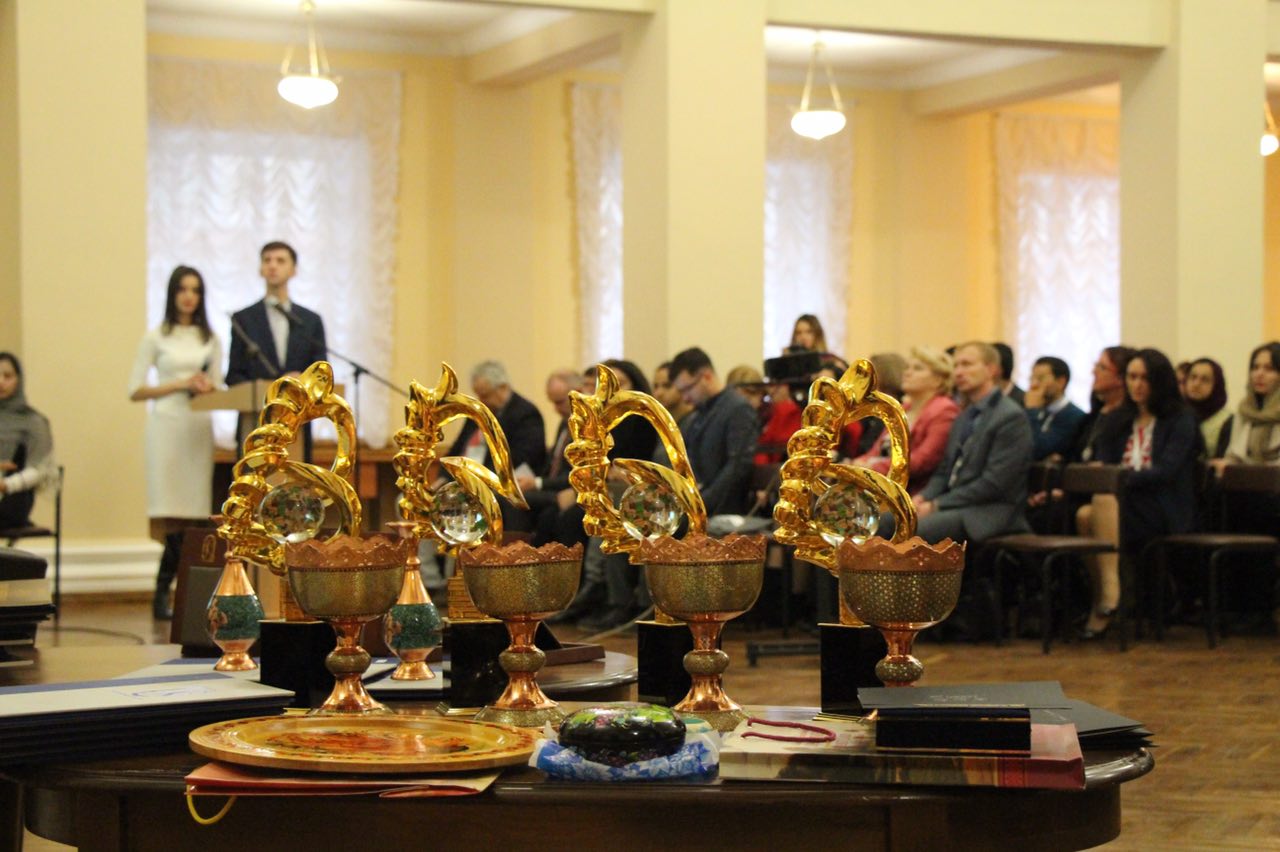Event
An Interview with USERN Medical Laureate of 2017

Read Through This Interesting Interview By Dr. Farnaz Delavari, USERN Deputy of Communication and Networking to Get to Know More About USERN Medical Laureate, Currently Professor of Neuroscience, Directing Her Own Lab in the Department of Psychology at the University of Miami.
In the seventh issue of USERN Newsletter, we published an interview with Professor. Lucina Uddin, USERN Medical Prize Laureate of 2017, recorded during the 2nd USERN Prize Festival on November 2017. Read through this interesting interview by Dr. Farnaz Delavari, USERN Deputy of Communication and Networking to get to know more about USERN Medical Laureate, currently a Professor of Neuroscience, directing her own lab in the Department of Psychology at the University of Miami.
FD: What is your name? In which academic center(s) did you study? How would you define your field of study?
LU: I am Dr. Lucina Uddin. I obtained an undergraduate degree in Neuroscience from University of California, LA in 2001 and later a Ph.D. in Psychology/Cognitive Neuroscience in 2006. My training is in both neuroscience and psychology. I’m interested in the biological bases of human cognition which is another word for cognitive neuroscience.
FD: When did you realize that you want to be active in the field of neuroscience?
LU: When I was very young, I heard the myth that we only use 10% of our brains. Of course, this is not true at all, but the statement got me thinking that it would be very interesting to learn more about how the brain works.
FD: What drew you to this field?
LU: Honestly, there are over 100 majors to choose from at UCLA, and the choice can be overwhelming for a young person. I chose neuroscience by process of elimination; it was the most interesting-sounding major on the list.
FD: Why did you decide to focus on autism and ADHD?
LU: Autism and ADHD are some of the most prevalent neurodevelopmental disorders, and we still know very little about what causes them and how best to treat them. I think that uncovering the neurobiological bases of these disorders is the first step towards more targeted and effective treatment approaches.
FD: What were the turning points of your career?
LU: When I first applied to grad school, I didn’t realize how competitive the process would be. I didn’t get into any of the neuroscience graduate programs I applied for! However, I did interview at UCLA and had a meeting with Dr. Eran Zaidel, who become my graduate advisor. He was instrumental in shaping my research interests and work style, and has continued to support my career to this day.
FD: What would you say is the most important factor in having a successful experience in science?
To be successful in science you have to embrace failure and rejection as a natural part of the process. Resilience is probably the single most important factor determining whether or not you will continue in the face of challenges.
FD: Neuroscience seems to be a hot topic for young scientists. What, in your opinion defines neuroscience? What are its scopes and horizons?
LU: Neuroscience, and cognitive neuroscience in particular, is fascinating to me because of its interdisciplinary nature, and the fact that it seeks to answer important questions about who we are and how we got to be the way we are. I minored in Philosophy as an undergraduate, and think that questions about how the mind and brain operate can best be tackled by combining methods and theories across fields.
FD: How would a young scientist know whether neuroscience is right for them? What would you say is the first step in starting a career in neuroscience research?
A career in science is right for you if you can’t imagine yourself doing anything else. The first step is to find a good mentor and start volunteering in a neuroscience lab to get research experience.
FD: Do you have any suggestions on how a junior should find their field of interest? Any approach you would recommend?
LU: If there is a news story about the brain that catches your interest, find out where the research was conducted and try to get in touch with the researchers by email. Also, it’s important to read as much of the primary literature as you can to become really familiar with what work has already been done. Good luck!
By Farnaz Delavari
